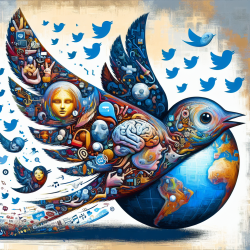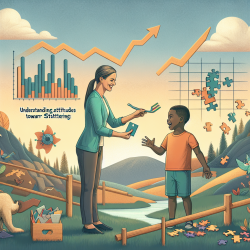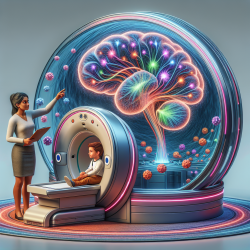Introduction
In the digital age, social media platforms have become powerful tools for knowledge dissemination and community building. Twitter, with its unique hashtag feature, has emerged as a pivotal platform for professionals to engage in meaningful discussions. The research article titled "Impact of #PsychTwitter in promoting global psychiatry: A hashtag analysis study" delves into the profound impact of the #PsychTwitter movement in the field of psychiatry. This blog explores how practitioners can harness the insights from this study to enhance their practice and contribute to the global mental health dialogue.
The Power of #PsychTwitter
The study analyzed the outreach of psychiatry-related tweets using the hashtag #PsychTwitter over a three-year period. The findings were impressive: 125,297 tweets shared by 40,058 users, generating a staggering 492,565,230 impressions. The top contributors were doctors, advocacy organizations, and researchers, highlighting the diverse stakeholder engagement in this online community.
Key Insights for Practitioners
- Engagement and Networking: #PsychTwitter provides a platform for practitioners to connect with peers, share insights, and stay updated with the latest research and trends in psychiatry.
- Knowledge Dissemination: The hashtag acts as a conduit for sharing valuable resources, research findings, and educational content, facilitating continuous learning and professional development.
- Global Reach: With users from countries like the United States, United Kingdom, Canada, India, and Australia, #PsychTwitter offers a global perspective on mental health issues, enriching practitioners' understanding of diverse cultural contexts.
Encouraging Further Research
The study underscores the potential of social media as a rich data source for public health observation and understanding key trends in healthcare. Practitioners are encouraged to delve deeper into the dynamics of #PsychTwitter and explore its potential for enhancing patient care and advocacy. By actively participating in this online community, practitioners can contribute to shaping the future of psychiatry and mental health awareness.
Conclusion
The #PsychTwitter movement exemplifies the transformative power of social media in promoting global psychiatry. By leveraging this platform, practitioners can enhance their skills, expand their networks, and contribute to a more informed and connected mental health community. As we continue to navigate the digital landscape, embracing tools like #PsychTwitter can lead to better outcomes for practitioners and patients alike.
To read the original research paper, please follow this link: Impact of #PsychTwitter in promoting global psychiatry: A hashtag analysis study.










